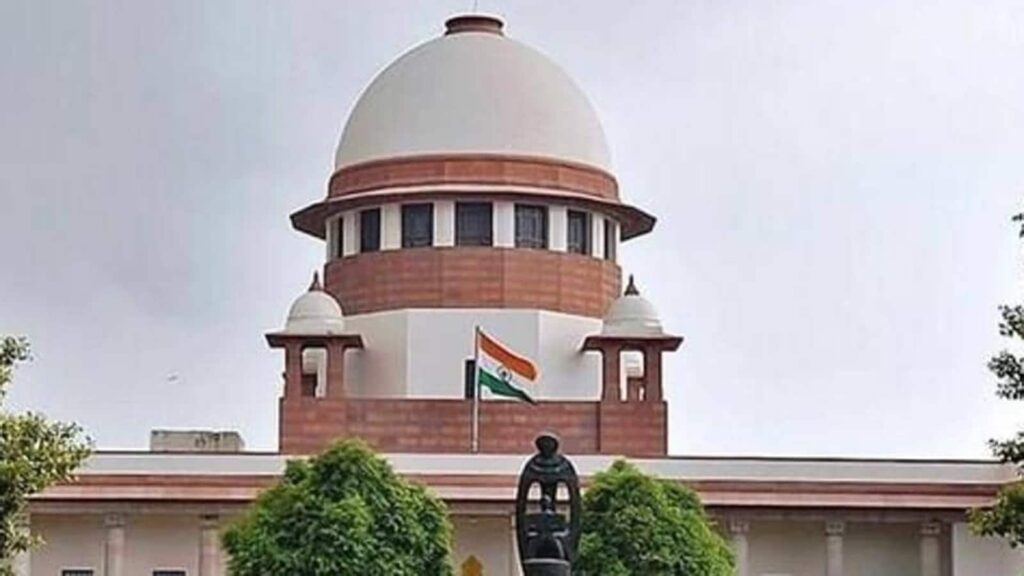The Manipur government’s incompetence — or deliberate reticence — in dealing with a string of grave sexual crimes against women has finally prompted the Supreme Court (SC) to intervene. On Monday, the apex court issued a slew of directions in cases involving first information reports (FIRs) that documented brutal sexual assault, mob violence and vicious attacks with little or no progress in the investigation despite complaints being filed and several weeks elapsing. The top court passed a raft of orders, transferring all FIRs to the Central Bureau of Investigation (CBI), setting up a raft of special investigation teams (SITs) of local police, to be led by an officer of the superintendent of police rank, for probes into other cases, and instituting a three-member panel headed by former Delhi high court chief justice Gita Mittal to look into relief and rehabilitation measures. The top court was careful to order that the CBI teams should have officers from outside Manipur, and asked authorities to appoint a retired Indian Police Service officer to supervise the CBI cases, and a deputy inspector general-rank officer from outside Manipur to oversee the SIT cases. Clearly, transparency and impartiality — cardinal tenets in any criminal justice system — were foremost among the top court’s considerations.
The court’s strong order underlines the two-pronged failure of the state, first in getting a handle on law-and-order for three months, and second in ensuring a fair investigation and justice for the victims of grim crimes. The horrific sexual assault of Kuki women by a Meitei mob was not acted on for months, until a viral video clip sparked nationwide outrage and forced the government’s hand. This newspaper has reported on how scores of similar cases remain open with little or no progress in the investigation, and the victims report the perception of bias and hostility on the part of the authorities. The SC’s directives can break this deadlock and propel the fight for justice, but the state government must follow suit and act sincerely to ensure succour for the victims.
India made significant changes in its laws to fight sexual crimes against women a decade ago, in light of the 2012 Delhi gang rape case. But Manipur showed that the absence of a law-enforcement mechanism, or worse, the complicity of a compromised system, can hollow out even the best-intentioned laws. It remains to be seen if changes in legal procedures are in the offing after Manipur’s plight.
Experience unrestricted digital access with HT Premium
Explore amazing offers on HT + Economist


